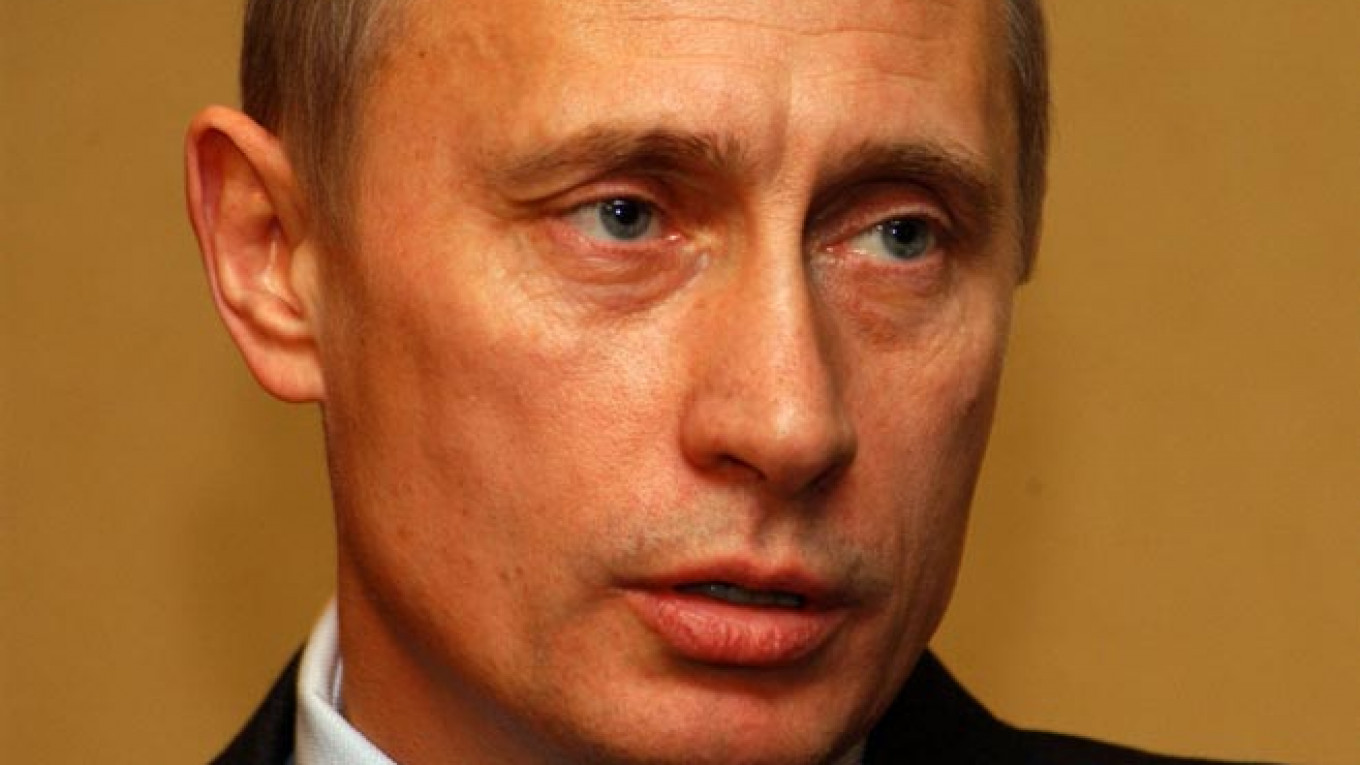While President Vladimir Putin is savoring the domestic political upside of his Crimea gambit, the gains for his foreign policy are harder to see.
In a rather cavalier way, Moscow has thrown out the window more than 20 years of its foreign policy but failed to articulate in a coherent way what it now aims to accomplish.
Since the end of the Cold War, Russia has emphasized respect for state sovereignty, noninterference in internal affairs, inviolability of borders, impermissibility of unilateral use of force, constraints on separatism and humanitarian intervention. Russia saw value in playing by the rules.
Now Russia claims the right to use force and change established borders in defense of ethnic Russians. It dismisses treaty commitments, including nuclear security guarantees and other international obligations that constrain unilateral action. It tries to tell other nations how to organize their government and what allies to have. It bolts out of global institutions it has worked hard to join. But to gain what?
Is it really about renegotiating the end of the Cold War on more favorable terms to Russia, reversing Soviet leader Mikhail Gorbachev and former President Boris Yeltsin's capitulation to the West? But what are the new terms Russia seeks? And how will it codify them?
Beyond rants about NATO and European Union enlargement to the former Soviet Union, the claim is to grant Moscow an incontestable right to keep the former Soviet republics in a permanent economic and security alliance with Russia, denying their people the right to freely choose their rulers and allies. This would be a Yalta-style redivision of Europe. Moscow seeks an informal recognition of this principle in its proposal to the West to dictate to Ukraine a new federalist constitutional framework with neutrality status, permanently blocking Ukraine's path to the West. We will soon see whether it succeeds.
Another desired outcome may be a return to global bipolarity, where Washington always sorts out major international issues with Moscow, or is checked by Russia's moves.
Putin seems to equate confrontation with stability and efforts to check U.S. power with a rise in Russia's global stature. Yet U.S. President Barack Obama dodged Putin's invitation to global rivalry, last week calling Russia a "regional power."
After Crimea, Russia's foreign policy, beyond immediate damage control, is in flux. The Foreign Ministry now dabs heavily in propaganda at the risk of being hijacked by RT television.
Vladimir Frolov is president of LEFF Group, a government relations and PR company.
A Message from The Moscow Times:
Dear readers,
We are facing unprecedented challenges. Russia's Prosecutor General's Office has designated The Moscow Times as an "undesirable" organization, criminalizing our work and putting our staff at risk of prosecution. This follows our earlier unjust labeling as a "foreign agent."
These actions are direct attempts to silence independent journalism in Russia. The authorities claim our work "discredits the decisions of the Russian leadership." We see things differently: we strive to provide accurate, unbiased reporting on Russia.
We, the journalists of The Moscow Times, refuse to be silenced. But to continue our work, we need your help.
Your support, no matter how small, makes a world of difference. If you can, please support us monthly starting from just $2. It's quick to set up, and every contribution makes a significant impact.
By supporting The Moscow Times, you're defending open, independent journalism in the face of repression. Thank you for standing with us.
Remind me later.








